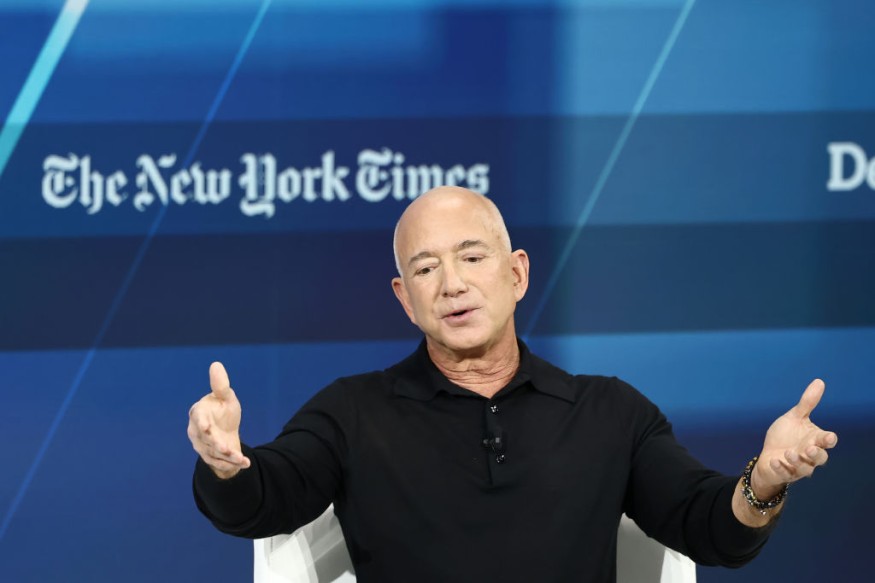
Amazon founder Jeff Bezos is making significant strides in the satellite broadband industry, positioning the company's satellite initiative as a game-changer in global internet connectivity.
This bold move signals a major step in Amazon's commitment to providing internet access to underserved regions, a market dominated by Elon Musk's SpaceX and its Starlink service.
Amazon's Project Kuiper Gears Up for Prototype Satellite Launch to Rival Starlink
The project, known as Project Kuiper, aims to deploy a network of satellites to deliver affordable and reliable internet worldwide.
According to PhysOrg, the upcoming launch of Amazon's prototype satellites is scheduled for early next week, marking a critical milestone in its efforts to compete with SpaceX.
These satellites will be launched aboard United Launch Alliance's Atlas V rocket from Cape Canaveral, Florida, highlighting Amazon's strategic partnerships to accelerate its goals.
Project Kuiper's satellite network plans to include over 3,200 satellites in orbit, which will eventually deliver broadband services globally, especially in remote and rural areas.
Amazon has pledged an investment of over $10 billion to build and deploy the satellite constellation, showcasing its long-term vision and commitment to technological innovation.
The competition between Bezos and Musk adds another layer of intrigue to the satellite broadband race.
Musk's Starlink has already deployed thousands of satellites and serves a growing customer base, but Amazon aims to leverage its extensive resources, including partnerships with established aerospace companies, to close the gap.
The rivalry also underscores the increasing commercialization of space exploration and its growing significance in addressing global issues like internet accessibility.
Affordable Devices Propel Amazon's Kuiper Internet Vision
In addition to its satellite network, Amazon is focusing on developing user-friendly ground equipment to facilitate internet access.
The company recently unveiled a prototype user terminal that promises high-speed internet connectivity at a competitive price. These devices will be key to making Project Kuiper a viable option for consumers worldwide, BBN Times said.
As Amazon ramps up its satellite deployment, industry experts are watching closely to see how the company navigates the challenges of launching and maintaining a vast satellite network. Questions remain about how the market will balance increased competition, potential regulatory hurdles, and the technical challenges of managing space debris.
This move reflects a broader vision of the future of connectivity and Amazon's potential role in shaping global digital infrastructure.
By aiming to bridge the digital divide, Bezos' satellite broadband initiative could revolutionize internet access while intensifying the competition in the growing space economy.















